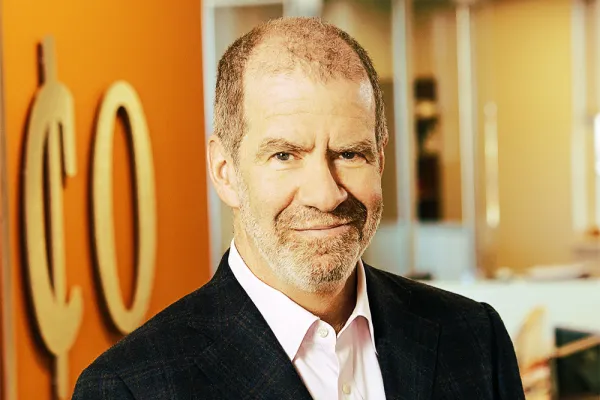This January the Massachusetts Pension Reserves Investment Management Board issued a request for proposal for a hedge fund consultant. The results surprised MassPRIM: Of the 17 firms that applied, well over half were funds of hedge funds. “We think the industry is changing, with fund-of-funds and consulting firms trying to get into each other’s businesses,” says Michael Trotsky, executive director and CIO of the $60 billion, Boston-based pension plan.
Historically, consultants have occupied the relatively low-fee business of dispensing advice, whereas funds of hedge funds have been able to charge higher fees because they manage money. In recent years, though, institutional investors have become less willing to pay the average fund-of-funds manager’s 1 percent management and 10 percent performance fees.
Many of them, pension funds in particular, have opted to make direct investments in hedge funds, often with the advice of a consultant. But this change isn’t good news for traditional consultants. The costs and challenges associated with advising on hedge fund investing, plus newer market entrants charging lower fees, have made them keen to expand into money management — even as funds of funds threaten their core business.
MassPRIM is a prime example of the shift away from funds of hedge funds. In 2012 the board of directors decided to replace four fund-of-funds firms with direct hedge fund investments. For help, MassPRIM hired Cliffwater; based in Marina del Rey, California, and founded in 2004, it’s one of the most respected institutional hedge fund consulting firms, with a roster of blue-chip clients including the New Jersey and Connecticut state pension funds.
With Cliffwater’s aid MassPRIM assembled 23 core hedge fund managers, 11 of them high-profile, established firms. MassPRIM’s hedge fund portfolio was up 8.1 percent net of fees in the first ten months of its fiscal year, which ended June 30, versus 7.25 percent for the HFRI Fund of Funds Composite Index. It returned 11.93 percent for fiscal 2013, 4.1 percentage points above the HFRI fund-of-funds index.
Trotsky says he’s been extremely pleased with how the hedge fund portfolio has performed and with Cliffwater’s work. Yet by 2013, with the consulting firm’s three-year contract coming to an end, MassPRIM’s thinking on hedge funds had evolved still further. The plan wanted to move more hedge fund investing decisions in-house and become more self-directed. It was also embarking on an ambitious cost-cutting exercise called the Strategic Analysis for Value Enhancement, or Project SAVE, and the hedge fund program was a primary focus of that initiative. For fiscal 2014, MassPRIM estimates that its expenses will be $320 million, 98 percent of which goes to external money managers. The fund has already identified $100 million in savings. It calculates that the switch to direct hedge fund investments saved the plan $29 million for the 2013 fiscal year and between $35 million and $40 million this fiscal year. But there’s more to do.
So when MassPRIM sent out an RFP for a hedge fund investment consultant, it was looking to spend less on advisory fees and hedge fund managers. Its choice was surprising. From a short list of seven, MassPRIM picked three finalists: Arden Asset Management, K2 Advisors and Rock Creek Group, all of them funds of hedge funds. After on-site due diligence, further review and approval by the investment committee and the full board, it went with Arden. The New York–based firm, which manages $6.1 billion in assets, had been one of MassPRIM’s original funds of hedge funds.
The new mandate is a big win for Arden, though final approval is subject to contract negotiations. To get MassPRIM’s business it offered a discounted rate of $750,000 a year, half what Cliffwater had been getting. But money wasn’t the only deciding factor: Trotsky says that what really impressed MassPRIM was Arden’s extensive hedge fund database, which the firm has been building for 20-plus years. Access to that information, combined with Arden’s willingness to perform due diligence on MassPRIM’s behalf, will make it possible for the pension plan to find more off-the-run hedge fund firms and work more independently. With these changes, Trotsky is confident that MassPRIM can take its hedge fund portfolio to the next level.
Get more on pensions and alternatives.
Follow Imogen Rose-Smith on Twitter at @ImogenNYC.






